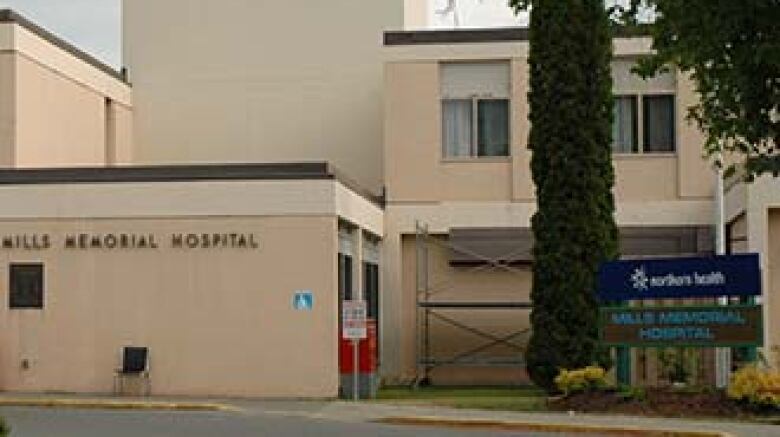Arabnews24.ca:Friday 9 June 2023 10:09 AM: A northern B.C. woman is fighting multiple myeloma that she believes could have been caught much earlier if she had had a family doctor to put together the puzzle pieces of her symptoms.
Laurie Mercer, 57, a Nisga'a woman living in Terrace, is currently in Vancouver General Hospital after a tumour grew so big it broke one of her vertebrae.
She said the tumour's growth left her with excruciating pain, but five walk-in clinic doctors didn't fully investigate its cause and believes her story is another example of how a shortage of family doctors is leading to fragmented care.
"I know I'm not a special case, but I'm one that falls through the cracks," Mercer said.

She said she's also wondering whether she received appropriate care due to systemic racism within the medical system.
"Unfortunately, people see me as an Indigenous woman. And some … would dismiss me because of my ethnicity."
In 2017, Mercer said a blood test revealed a low white blood cell count, which can be indicative of cancer.

Paul Mercer sings to his wife as she fights cancer
Duration 0:51
She said the walk-in clinic doctor advised her to wait and see if things progressed. She had no family doctor at the time.
Three other walk-in clinic doctors over five years told her the same thing. A fourth, who she saw virtually, did say she would get a specialist referral, but Mercer said it never came.
She believes further investigation was warranted because the situation became much more serious.
Fight to be heard
In May, Mercer was in extreme back pain and made multiple visits to Mills Memorial Hospital in Terrace, insisting something was seriously wrong.
On one occasion, she had to protest to a doctor for hours to be admitted for further treatment. She said she felt ignored and dismissed.
"He kept talking over me every time I tried to talk. I just said, I am your patient, you need to listen to me."

More substantial imaging detected what was at first thought to be a cyst on her spine but was, in fact, a tumour. The tumour, the source of her back pain, caused a vertebra to fracture.
Six years after a blood test revealed a low white blood cell count, she was flown to Vancouver for surgery. On Wednesday, a biopsy revealed multiple myeloma — cancer that starts in white blood cells.
Minister says doctors being hired
Mercer believes a family doctor would have given her a better chance at early detection.
Health Minister Adrian Dix said more health-care workers are being hired.
"It's a challenge, often, in rural and smaller areas of B.C.," Dix said but highlighted an expanded effort to get internationally trained family doctors working.
Mercer also wonders if her story is an example of anti-Indigenous attitudes in the health- care system. It's a problem that was identified in the provincial In Plain Sight report in 2020.

The report found health-care workers sometimes basing care decisions on stereotypes. And it noted the consequences of those biases can be deadly.
"These things are much deeper in our subconscious than we know," said Farah Shroff, a UBC professor and researcher of health equity said. "Most people don't set out to do these things because they're bad people … Most Canadians have unconscious bias."
Shroff says disbelief of a patient is one of the most common ways these biases manifest themselves. Women can be seen as hysterical and Indigenous people can be seen as simply addicted.
Dix acknowledged more needs to be done, reiterating the government's commitment to implement the recommendations of the 2020 report.
Mercer expects to begin chemotherapy soon. She's apprehensive about returning to Terrace as her treatment progresses.
"Mills Memorial Hospital needs to build my trust and assure me that if I go in there for my chemo, they're not going to turn me away," she said. "Because my life depends on it now."
The Northern Health Authority, which operates Mills Memorial, did not respond to requests for comment by deadline.
For inspiration in her cancer fight, Mercer's grandkids drew a picture of her camper trailer and car taped to her hospital wall.
Her prognosis is good. She hopes she'll be camping with them soon.






